Artificial Intelligence (AI) has rapidly transformed our daily lives, reshaping how we work, communicate, and express creativity. From virtual assistants like Siri and Alexa to advanced machine learning models powering industries, AI is no longer a futuristic concept—it’s a present reality. As AI continues to evolve, its impact on jobs, relationships, and creativity raises both excitement and concerns. Understanding these changes is crucial as society adapts to a world increasingly driven by intelligent algorithms and automation.
AI in the Workplace: Changing the Job Landscape
AI is revolutionizing the job market, automating tasks, and enhancing efficiency across industries. While some fear that AI will replace jobs, others see it as an opportunity for new career paths and increased productivity.
- Automation and Efficiency: AI-powered automation has replaced repetitive and mundane tasks, allowing employees to focus on more strategic and creative work. For instance, chatbots handle customer service inquiries, and AI-driven analytics optimize business decisions.
- New Job Opportunities: AI has created demand for data scientists, AI specialists, and cybersecurity experts. It is also shaping roles in healthcare, finance, and engineering, where AI-driven tools enhance decision-making.
- Workplace Collaboration: AI-powered tools like Zoom’s real-time transcription or Microsoft’s AI-driven scheduling assistants help teams work more efficiently, especially in remote work environments.
- Job Displacement Concerns: Some traditional jobs, particularly in manufacturing and data entry, are at risk of automation. Upskilling and reskilling the workforce are essential to adapt to AI-driven industries.
AI in Relationships: Transforming Human Connections
Technology has changed how people form and maintain relationships, with AI playing a significant role in communication and social interactions.
- AI in Dating Apps: Platforms like Tinder and Bumble use AI algorithms to suggest compatible matches based on user behavior, improving dating experiences.
- Virtual Companions: AI-powered chatbots and virtual assistants like Replika provide companionship and mental health support, reducing loneliness for some individuals.
- Smart Communication Tools: AI-driven translation services break down language barriers, fostering global connections and making cross-cultural relationships more accessible.
- Social Media Influence: AI-powered recommendation engines on social media platforms shape interactions by curating content, but they also contribute to echo chambers and misinformation challenges.
AI and Creativity: Enhancing or Replacing Human Ingenuity?
Creativity, once considered a uniquely human trait, is now being influenced by AI in surprising ways. AI-powered tools can generate art, music, and literature, pushing the boundaries of creative expression.
- AI in Art and Design: AI-generated art, such as pieces created by DALL·E or DeepDream, challenges traditional notions of artistic creation. AI can assist designers by suggesting color palettes, layouts, and compositions.
- AI in Writing and Music: Language models like GPT-4 generate human-like text, assisting writers with content creation. AI-powered tools like AIVA compose music, blurring the lines between human and machine-generated creativity.
- Collaborative Creativity: Many artists and musicians use AI as a collaborative tool rather than a replacement, leveraging machine learning to enhance their creative processes.
- Ethical Concerns: The rise of AI-generated content raises questions about originality, authorship, and the impact on traditional creative industries.
The Future of AI in Everyday Life
As AI continues to evolve, its role in daily life will expand further. Ethical considerations, data privacy, and regulatory policies will play crucial roles in shaping its impact. Embracing AI responsibly means balancing innovation with human-centered values to ensure that technology benefits society as a whole.
AI is no longer a futuristic dream—it’s here, influencing the way we work, interact, and create. While AI presents challenges, it also offers tremendous opportunities to enhance human potential. By understanding and adapting to AI-driven changes, individuals and societies can harness the power of artificial intelligence for a better future.


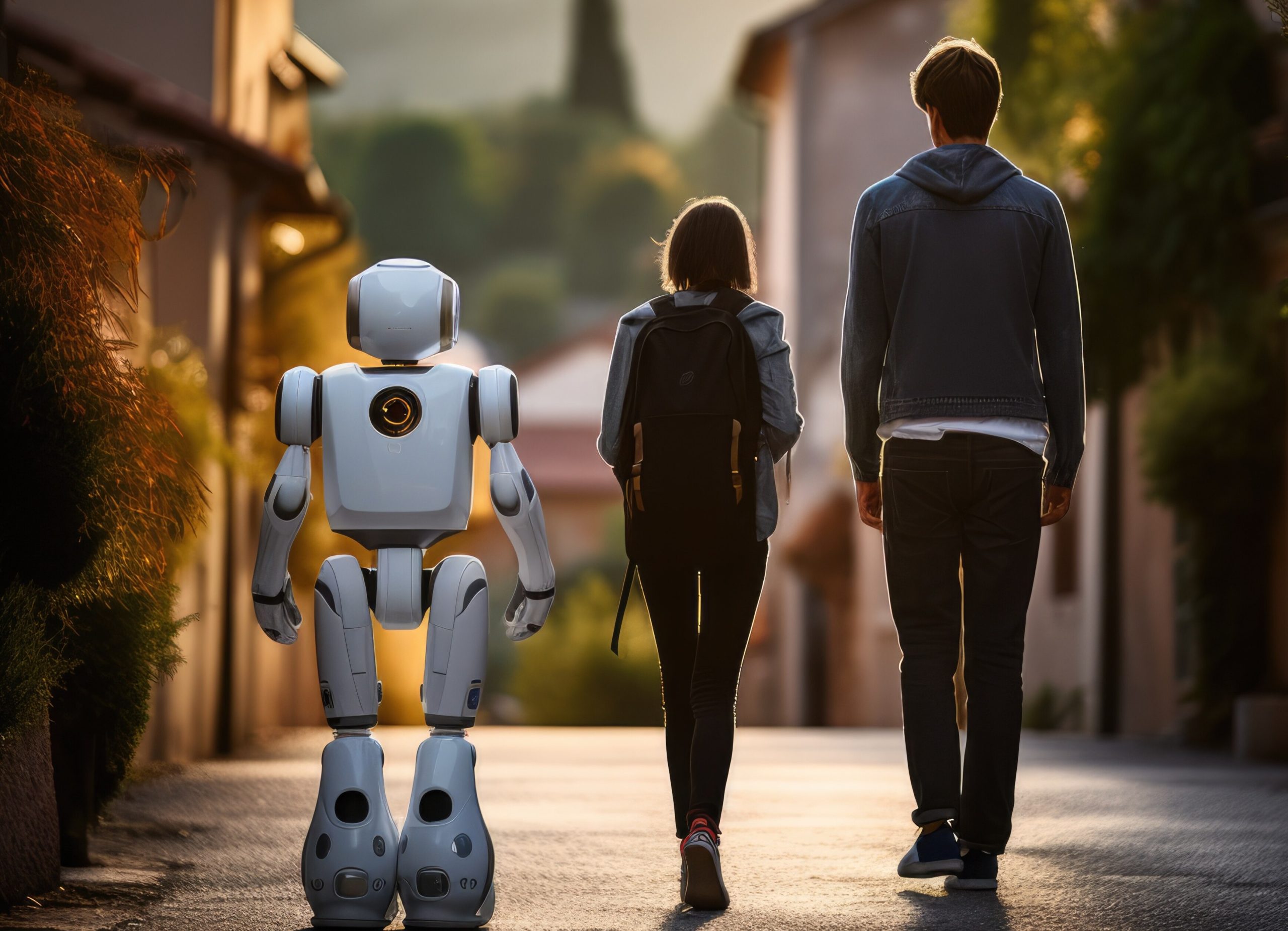
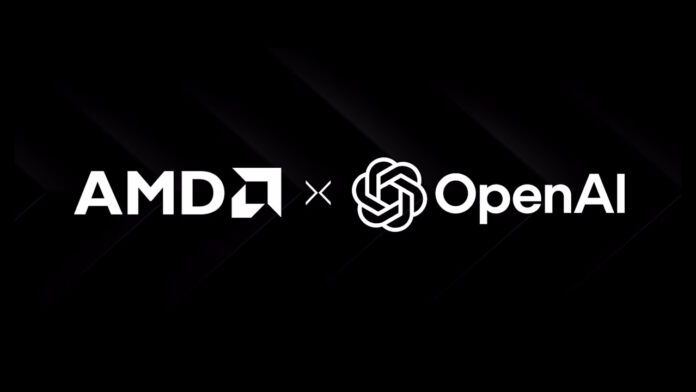

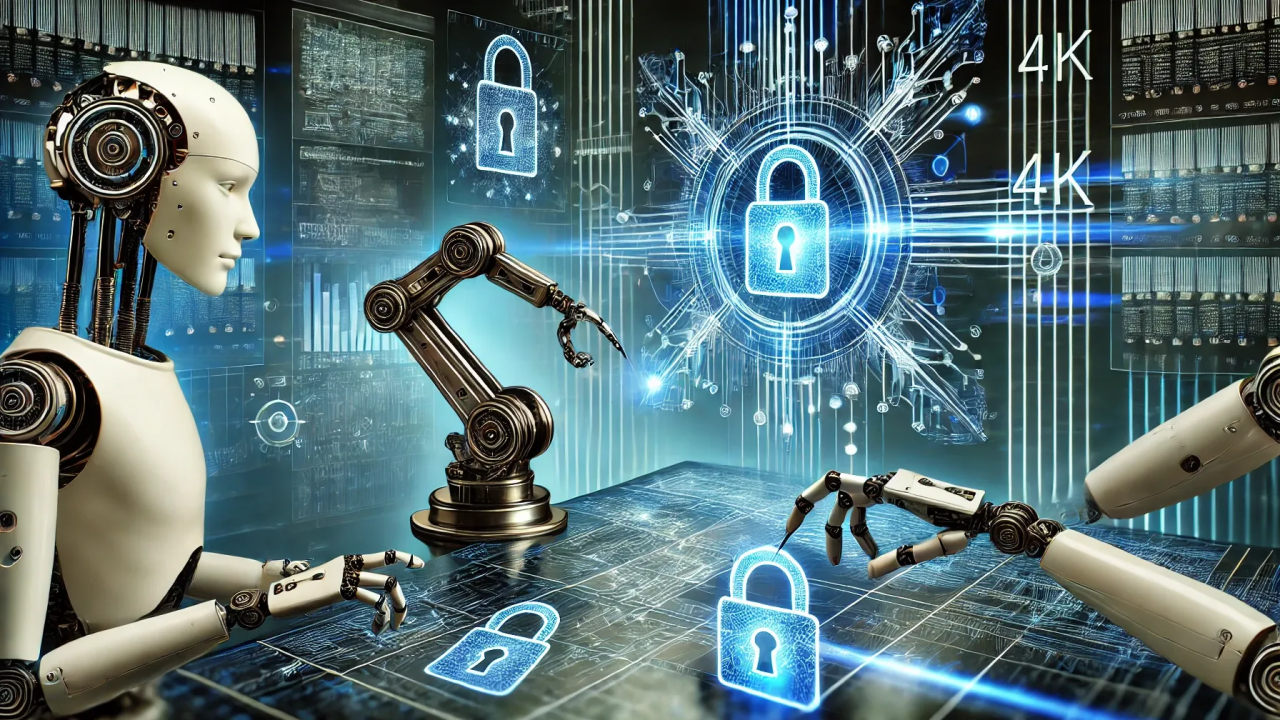
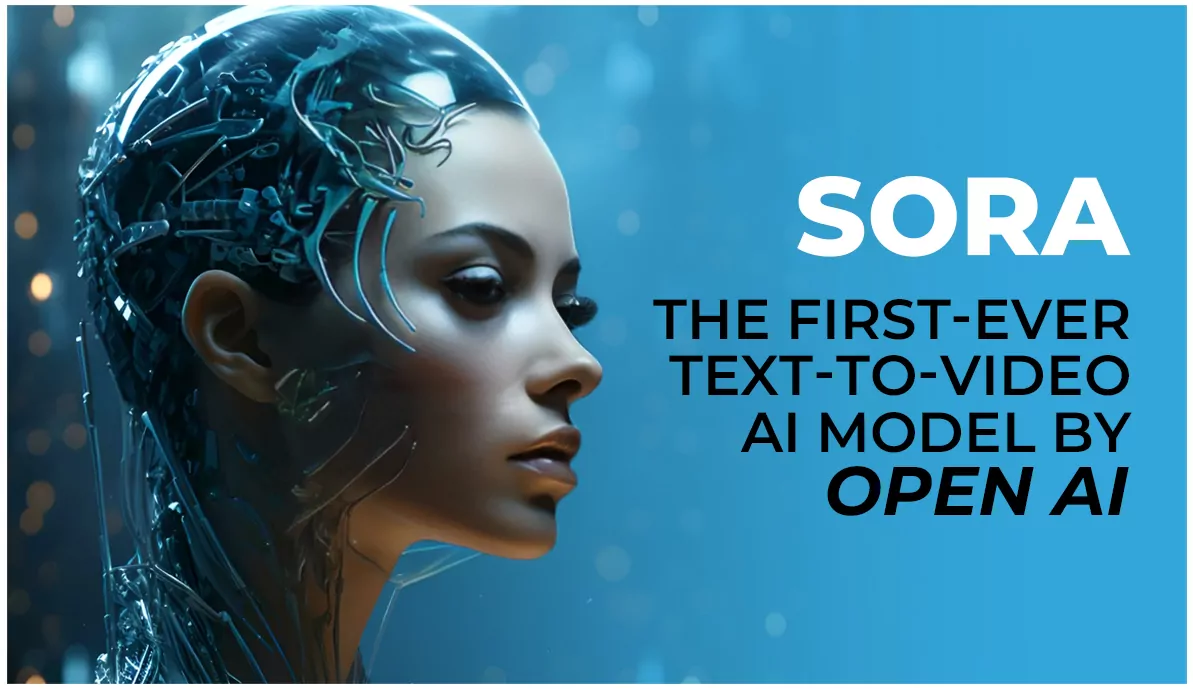
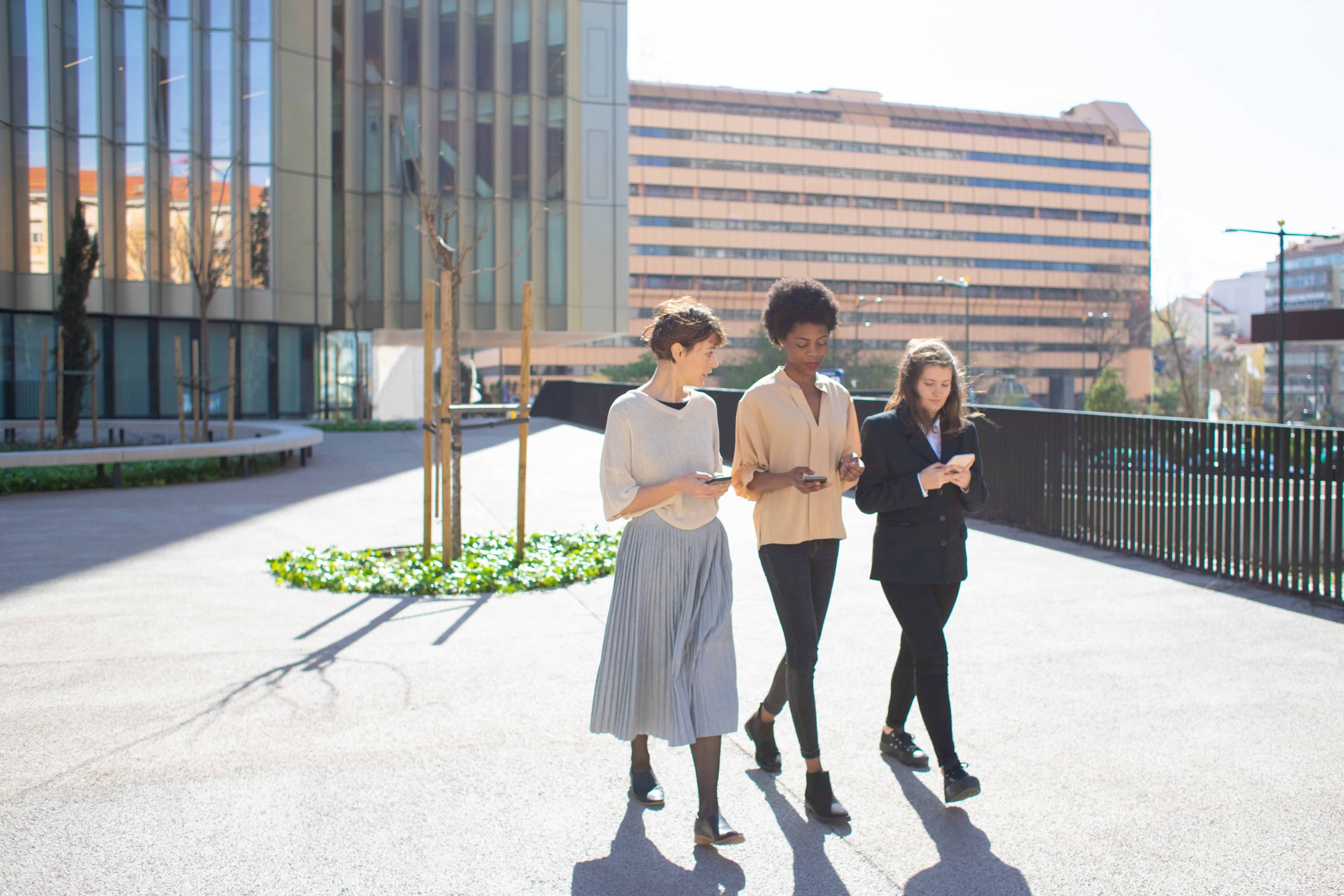
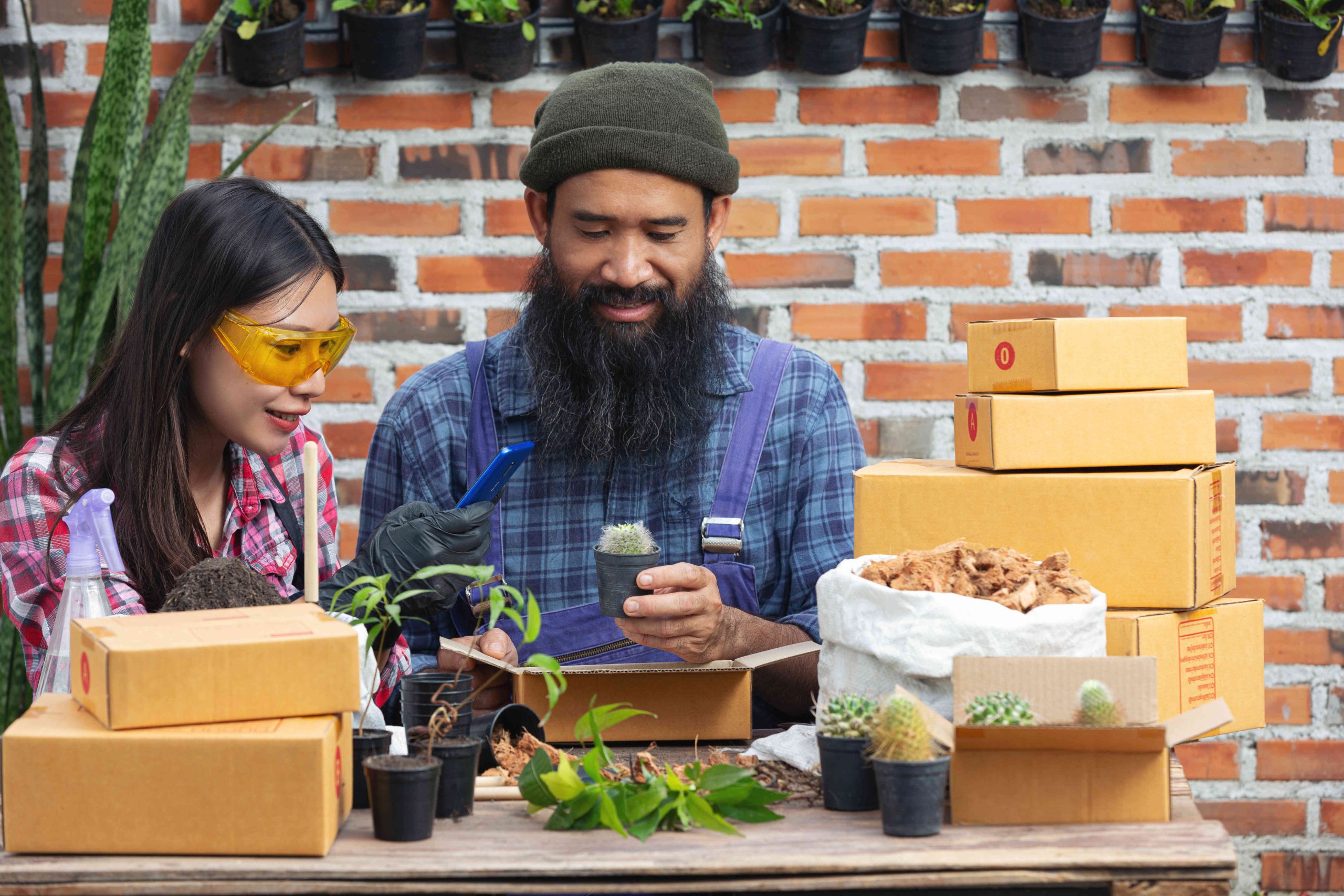
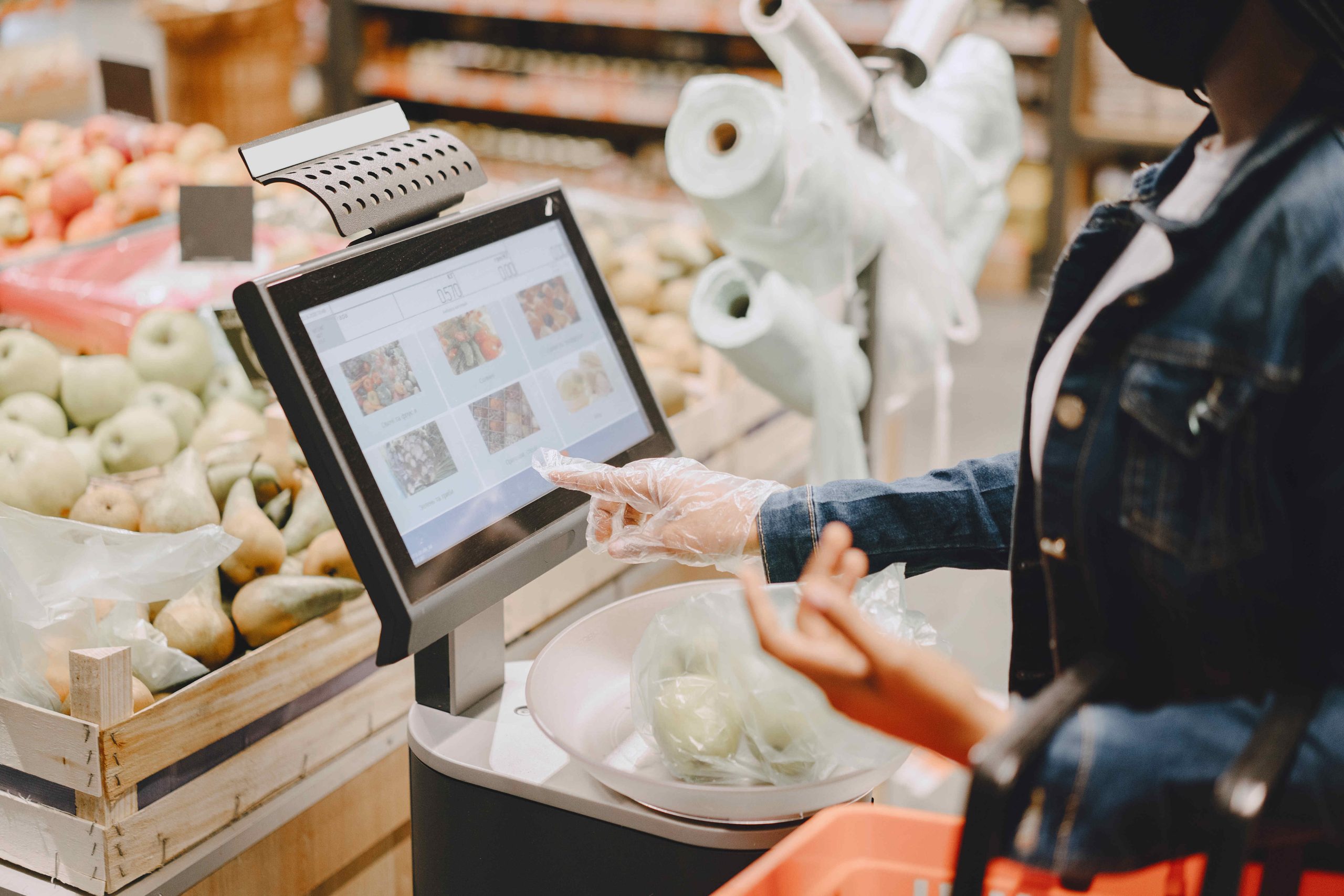

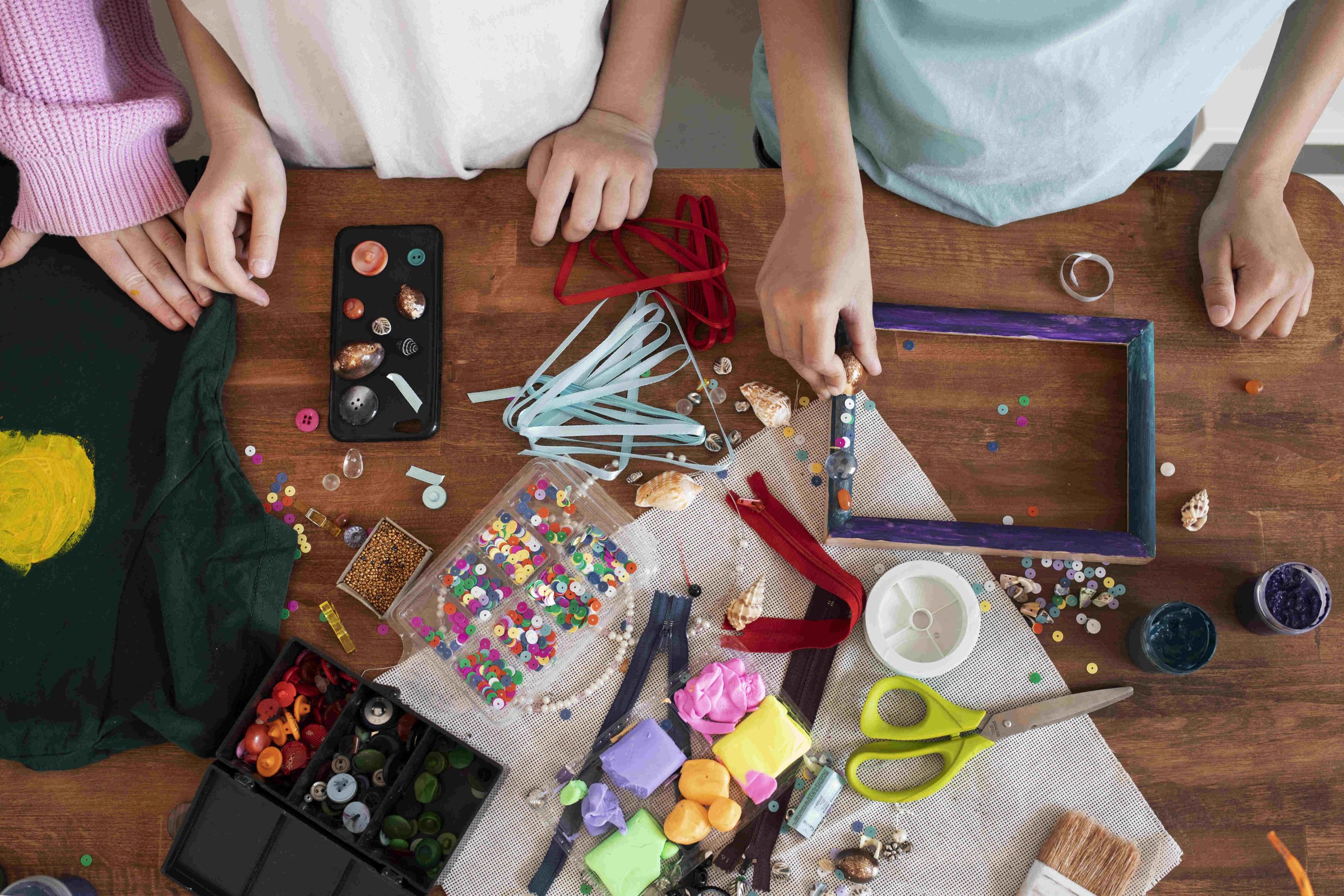

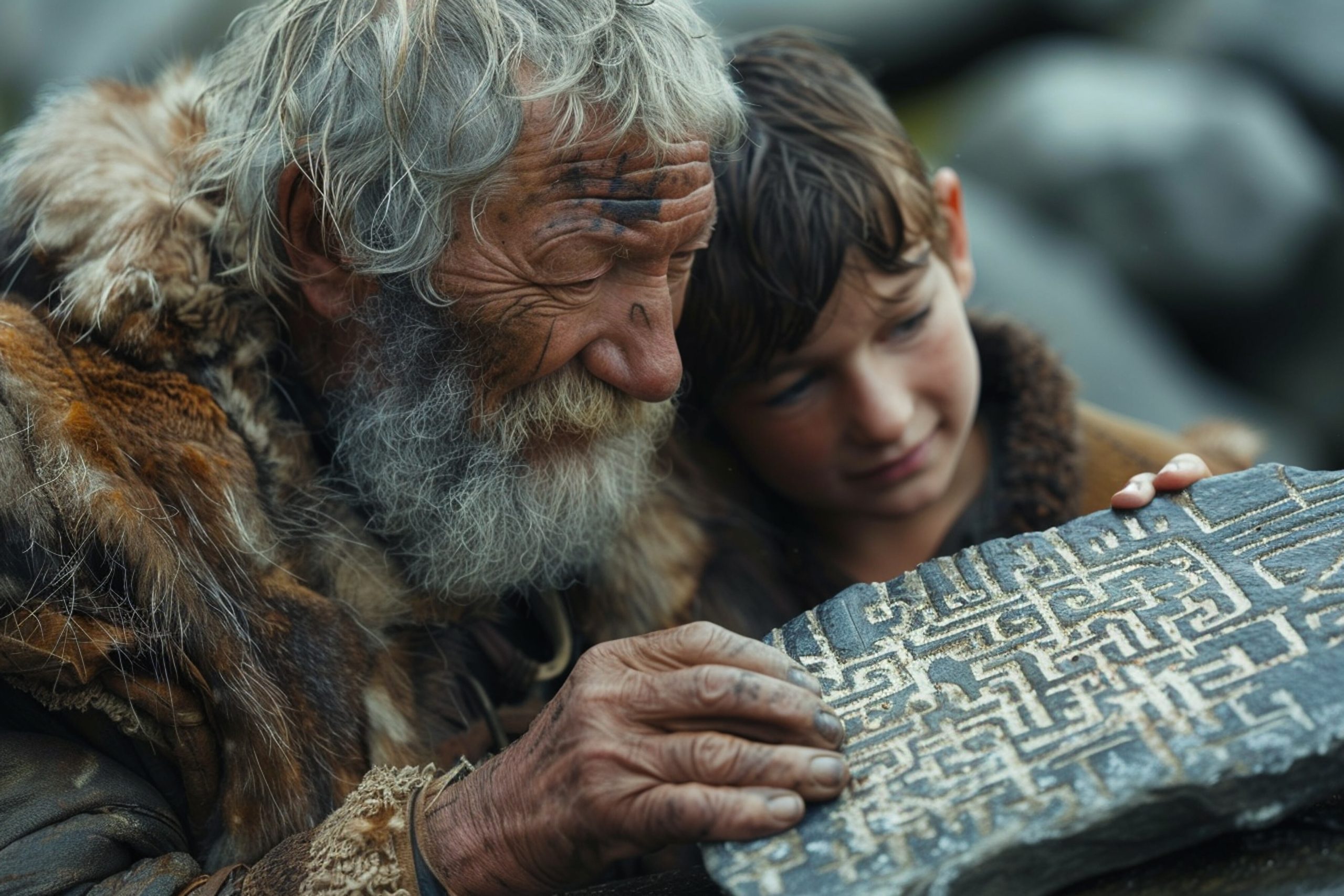

Leave a Reply